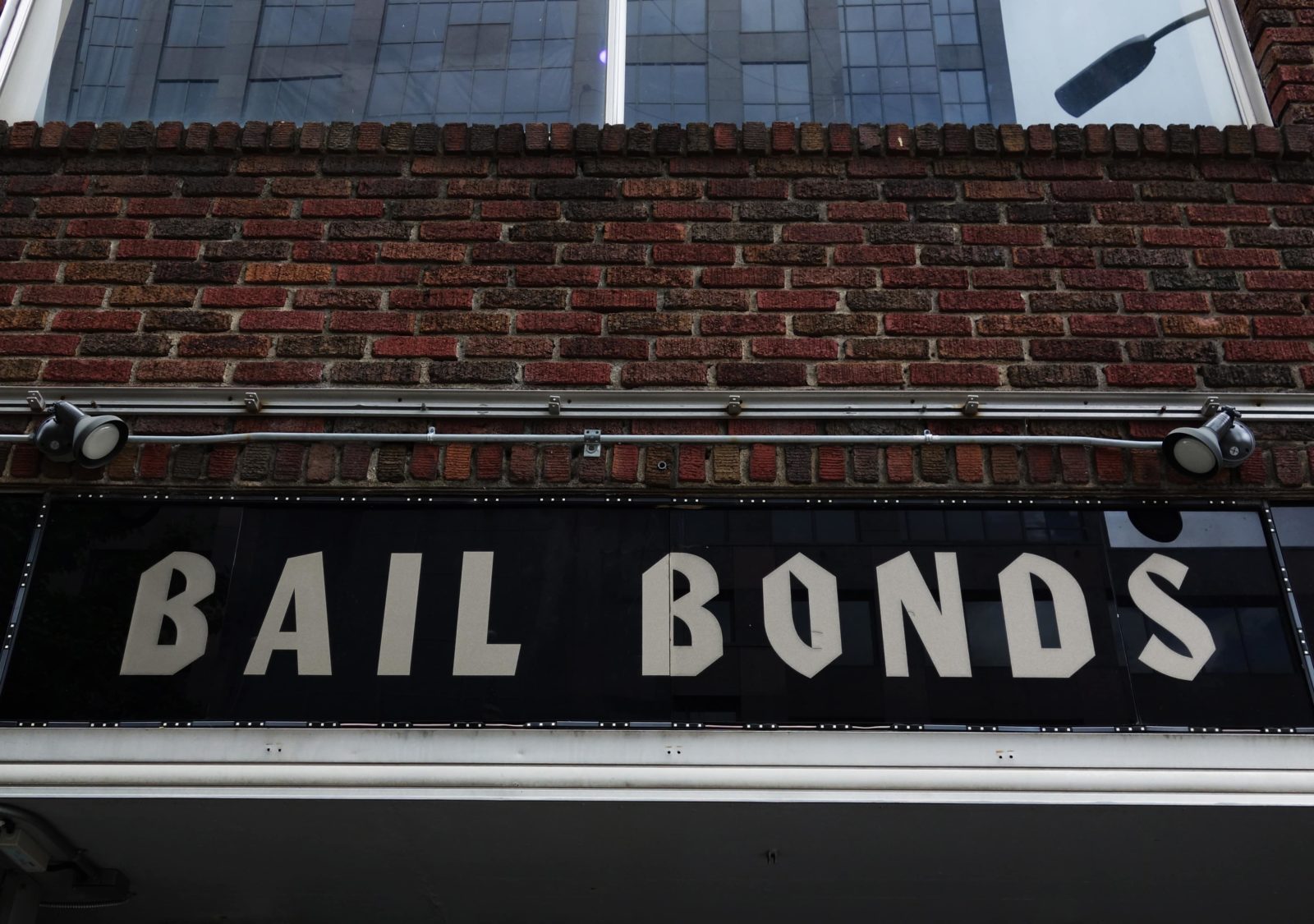How To Choose A Good Bail Bondsman

When you need to post bail you may believe any bail bondsman will do. But the practices of the professional you choose can have a big impact on your life moving forward.
For example, you wouldn’t want to trust a bail agent who has been known to force customers to miss court dates, thus landing them in lots more hot water, for the purposes of squeezing more money out of their family and friends.
And, of course, the bail industry is like any other industry. You want to work with someone who treats you and your family with respect, courtesy, and good customer service.
Every year, the bail bonds industry collects about $2 billion in profit. People who work in this industry can afford to treat you right.
Some will, some won’t. It really does pay to shop around.
Ask your attorney for a referral.
Any private attorney who has been around the criminal justice system for any length of time will know who can and can’t be trusted. This is just one of the many benefits of having a private attorney on your side.
Some public defenders may know too, but they’re often too overloaded to really develop the sorts of professional relationships that can result in a reliable referral.
Ask about fees.
You want fair, legal fees. You do not want to end up paying daily for ankle monitors the court doesn’t even demand. Nor do you want to pay exorbitant amounts for routine services, like walking money and documents over to the courthouse.
It’s legal for bondsmen to charge 10% of the bail amount. Any fees beyond that should be carefully questioned and scrutinized. You should double check any claims about additional fees the bondsman says he might have to pay to jails or courts. Often, these fees don’t exist.
If you get a call, check, and check again.
Some bail bondsmen do solicit business, but you have to be careful. Making a call is often one of the first moves scammers make.
Don’t assume the person on the other end of the line is on the up and up just because you can find the name of the company they claim to be with online. Often scammers will pretend to be from established companies, or will offer a name so close it’s hard to distinguish.
Take down the name and number, then call the company back to verify the caller really is affiliated with their organization.
Check the company’s reputation.
You should treat a bail company like any other company. How fast do they work? How responsive are they? Do they work with you on payments, or have they been known to abuse contracts in draconian ways?
While the bail bonds industry doesn’t necessarily collect Google and BBB reviews to quite the same degree as a local restaurant, they still get some. And you should be suspicious of any company that doesn’t. Read all the reviews. Some will mention things like violations of constitutional rights, or shady business practices. Even one such incident is one incident too many.
Finally, you should call the company. Are the employees friendly and courteous? Do you feel safe with this company, or do you feel like you and your loved ones are being treated like criminals, or walking ATMs?
There are plenty of bail bonds companies in New York City. If you can’t raise the funds yourself you owe it to yourself to choose one that will treat you and your loved ones well.
